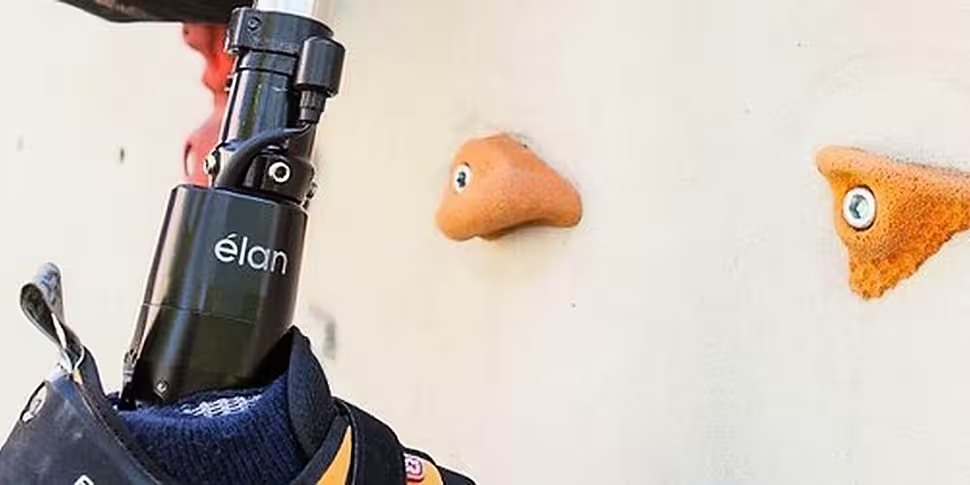Austrian scientists have created prosthetic leg which allows its amputee wearer to feel lifelike sensations from his artificial foot. The recipient, Wolfang Rangger, who lost his right leg in 2007, said: "It feels like I have a foot again. It's like a second lease of life."
Prof Hubert Egger of the University of Linz explains that sensors are fitted to the sole of the artificial foot, stimulated by nerves at the base of the stump. This is the first time that a leg amputee had been fitted with a sensory-enhanced prosthesis.
Surgeons rewired nerve endings in the Rangger's stump so as they are closer to surface of his skin. Six sensors were fitted to the base of the foot, to measure the pressure of heel, toe and foot movement. These signals are then relayed to a micro-controller, sending the signals to stimulators inside the shaft where it touches the base of the stump.
Vibrations stimulate the nerve endings under the skin, allowing the signals to be relayed to the brain.

How the prosthetic transfers the sensation of touch [Prothetik]
Prof Egger said: "The sensors tell the brain there is a foot and the wearer has the impression that it rolls off the ground when he walks.”
Wolfgang Rangger, a former teacher, lost his leg after a blood clot caused by a stroke, has been testing the device for six months, both in the lab and at home.
"I no longer slip on ice and I can tell whether I walk on gravel, concrete, grass or sand. I can even feel small stones.” said the 54-year-old amputee who regularly runs, cycles and goes climbing.
Another major benefit was a reduction in excruciating "phantom limb" pain felt by Mr Rangger for years following the amputation. According to Prof Egger the brain can now receive real data rather than searching for information from the missing limb.
Words by: Dylan Grimes Larkin









